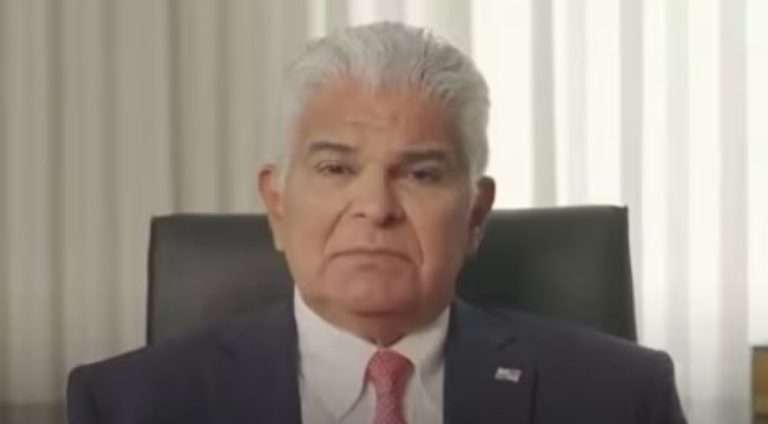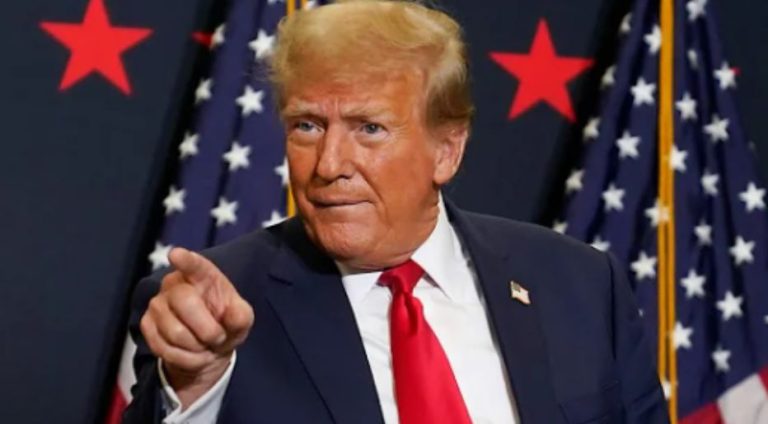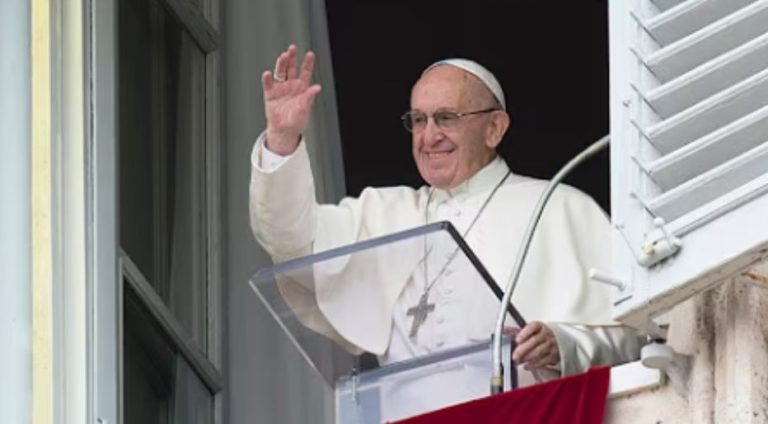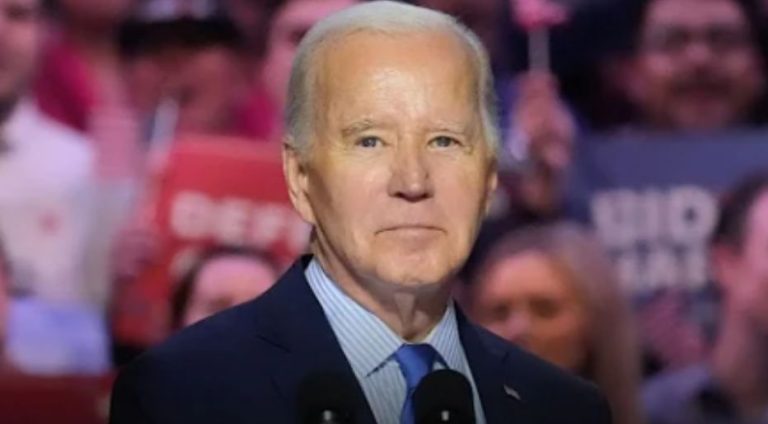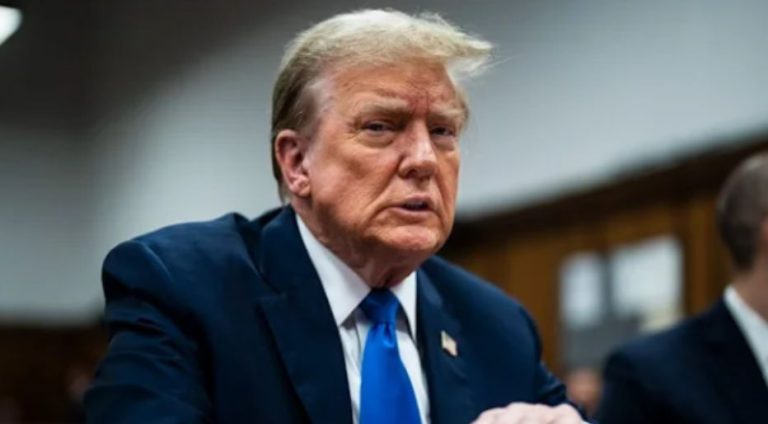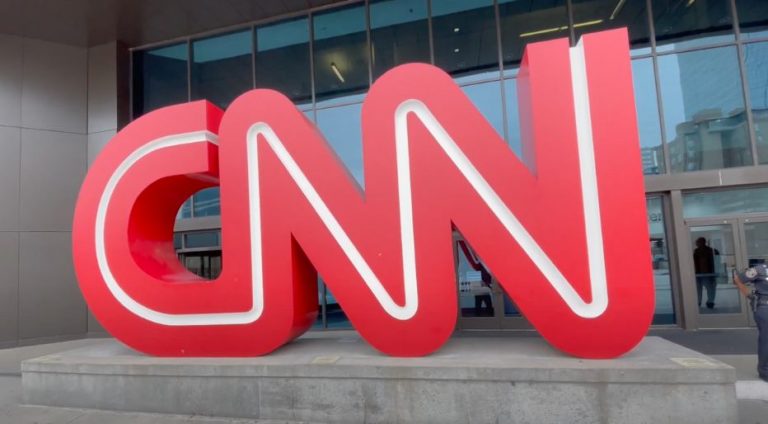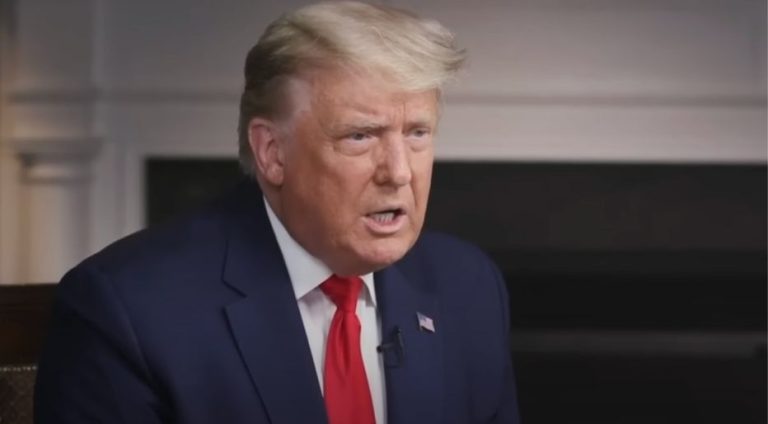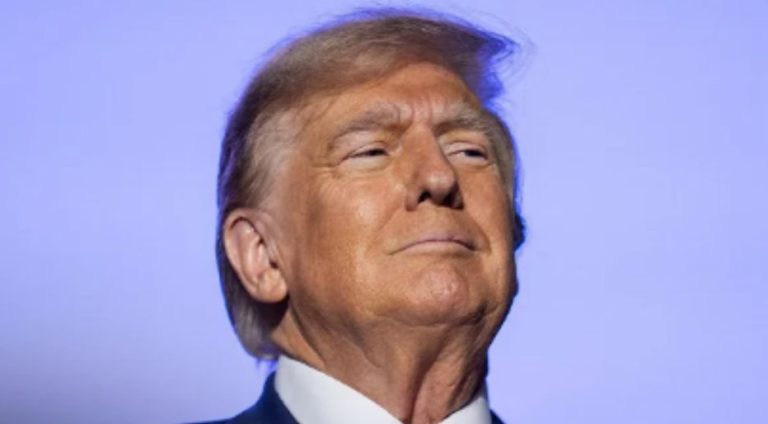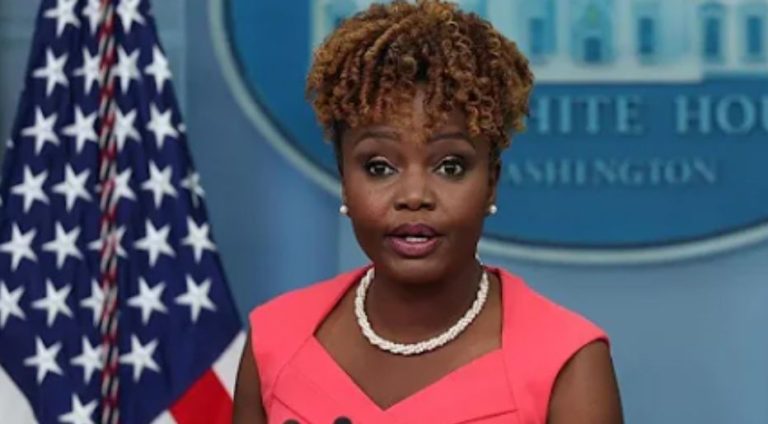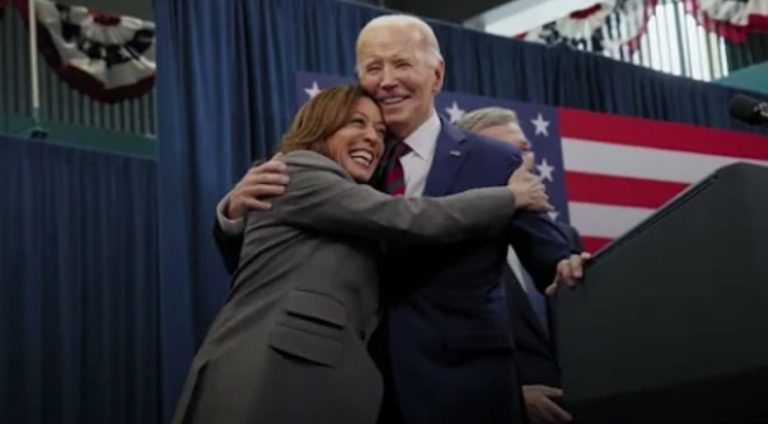Donald Trump is sparing no time going after the Left. And now they have nowhere to hide.
And Trump eviscerated one liberal for a disgusting act caught on camera.
President Donald Trump didn’t hold back his criticism of the “nasty” Episcopal bishop who lectured him during the National Prayer Service, accusing her of turning a religious gathering into a political stage.
The sharp rebuke came after Trump endured a Tuesday service led by Rev. Mariann Edgar Budde, the Episcopal bishop of Washington, DC. Budde’s sermon focused heavily on illegal migrants, refugees, and LGBT issues, a move that many saw as a direct political statement.
“The so-called Bishop who spoke at the National Prayer Service on Tuesday morning was a Radical Left hardline Trump hater,” Trump wrote on his Truth Social account shortly after midnight.
“She brought her church into the World of politics in a very ungracious way,” he continued, describing her tone as “nasty” and lacking in intelligence or persuasiveness.
Trump took particular issue with Budde’s plea for “mercy” toward immigrant families, especially children who fear being separated from their parents.
“She failed to mention the large number of illegal migrants that came into our Country and killed people,” Trump wrote.
“Many were deposited from jails and mental institutions. It is a giant crime wave that is taking place in the USA.”
The former president didn’t stop there. He criticized the overall atmosphere of the service, calling it “very boring and uninspiring.”
“As well as her inappropriate statements, the service was a very boring and uninspiring one,”
Trump wrote, adding, “She is not very good at her job! She and her church owe the public an apology!”
Rev. Budde, who also spoke passionately about “gay, lesbian, and transgender children” fearing for their safety, admitted later that her words were intended as a direct message to Trump.
“I was looking at the president because I was speaking to him,” Budde told CNN.
“I was speaking to the president because I felt he has this moment now where he feels charged and empowered to do what he feels called to do, and I wanted to say there is room for mercy.”
She further explained her intentions, saying she aimed to “counter, as gently as I could, with a reminder of [illegal migrants’] humanity and their place in our wider community.”
Budde insisted she wanted to “have these conversations in a respectful way.”
While Budde defended her remarks as compassionate and measured, Trump’s response made clear he saw her comments as a blatant political attack disguised as a sermon.
Stay tuned to Prudent Politics.


